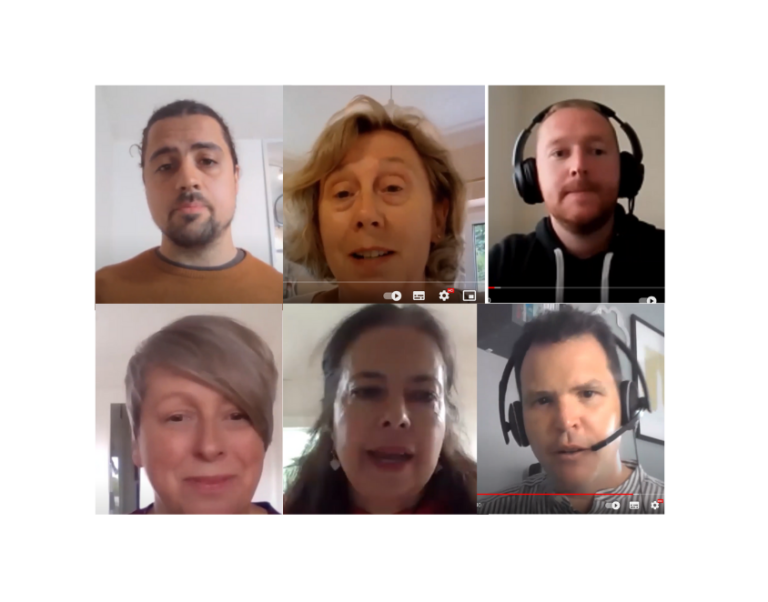The DIAW Network Meeting on 26.05.22 was focussed on Priority 3: Addressing data poverty as a key issue. We heard from Gwyn Thomas de Chroustchoff from Big Issue, Catherine Naamani from Displaced People in Action, Geraint Turner from Swansea MAD, Kath Deakin from Monmouthshire Housing Association, Emma Stone from Good Things Foundation and Lee Waters, MS Deputy Minister for Climate Change.
Priority 3: Addressing data poverty as a key issue
We would like to see a joined-up approach across sectors that takes steps to promote the development of sustainable and co-produced solutions to data poverty.
The DIAW Steering Group are going to take action to help achieve outcomes for this priority.
Rising costs of living are putting extra pressures on households across Wales. This will increase the barriers to going online and using the internet that many households face.
DIAW will be a key part of any campaign to raise awareness of help which is already available for people experiencing data poverty – such as ‘social tariffs’ for broadband, the National Databank, and area-specific support.
DIAW want to work with the City and Region deals on this priority. We believe there is a strong case for regional funding to be focused on sustainable solutions so everyone can afford to access the internet.
DIAW’s role in developing a Minimum Digital Living Standard for Wales is directly relevant to this priority. We want to use the future Minimum Digital Living Standard indicator to explore and advocate for appropriate funding and programmes to support those who fall below the standard so they can meet the standard.
Digital Inclusion Alliance Wales Network Meeting on Priority 3

The DIAW’s Agenda for Digital Inclusion has key outcomes for this priority:
Internet access is recognised as an essential utility in Wales.
There is free public provision of WiFi and community-based support for digital inclusion across all areas of Wales.
Cross-sector collaboration takes place to research and design sustainable solutions to data poverty.
The Welsh Index of Multiple Deprivation is explored to see how it might be possible to include data poverty and digital support in a measurable way.


